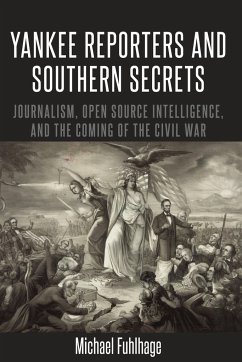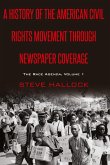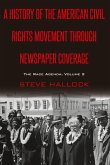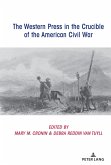Yankee Reporters and Southern Secrets: Journalism, Open Source Intelligence, and the Coming of the Civil War reveals the evidence of secessionist conspiracy that appeared in American newspapers from the end of the 1860 presidential campaign to just before the first major battle of the American Civil War. This book tells the story of the Yankee reporters who risked their lives by going undercover in hostile places that became the Confederate States of America. By observing the secession movement and sending reports for publication in Northern newspapers, they armed the Union with intelligence about the enemy that civil and military leaders used to inform their decisions in order to contain damage and answer the movement to break the Union apart and establish a separate slavery-based nation in the South.
"Michael Fuhlhage's Yankee Reporters and Southern Secrets is a welcomed addition to the history of the United States' greatest internal crisis. What makes this study stand out is the innovative idea of considering the press as open source intelligence, which it most certainly was. After Harpers Ferry and Lincoln's election, the South armed itself and organized those arms, and this was in plain view for anybody who wanted to see it. Fuhlhage does yeoman's work mining the record of this phenomenon." -David W. Bulla, Augusta University








